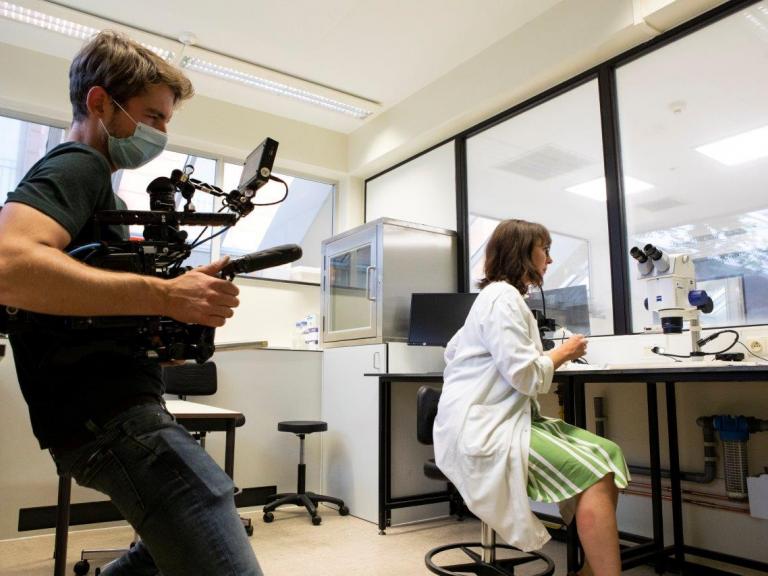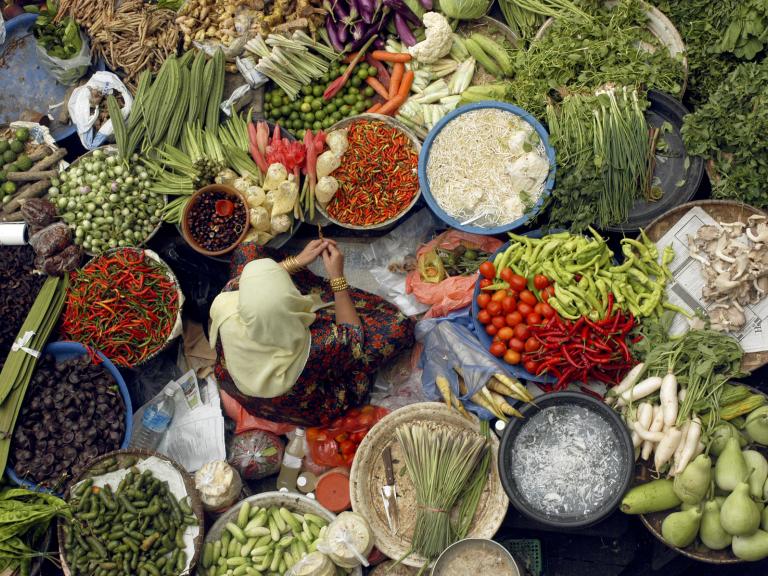-
Last updated on

© Shutterstock
Children are our future. Spending one's childhood in a harmonious environment lays a solid foundation for adult life later on.
Convention on the Rights of the Child
That is why the United Nations stated in the Universal Declaration of Human Rights (1948) that children are entitled to special attention and assistance. In 1989, the Convention on the Rights of the Child formulated this much more extensively. Children – up to the age of 18 – have an explicit set of rights. These include the right to identity, to life and development, to freedom of expression and religion, etc. One's youth is to be a protected time, in which children must be able to grow, learn, play, develop and blossom in a dignified manner.
The Convention on the Rights of the Child has been ratified by all UN member states (except the US), making it the most widely ratified UN Convention. It was later supplemented by 3 ‘optional protocols’, including on ‘children in armed conflict’ and on ‘the sale of children, child prostitution and child pornography’.
During the current COVID-19 pandemic, children will have more to endure, especially in the poorest countries and poorest neighbourhoods. The negative impact of the closure of schools is not only on learning. In poor countries, children will also have less access to food, because school canteens are no longer available. Health care and psychosocial support for children are also suffering.
Children's rights in Belgium
Children's rights are extremely important to Belgium. As a party to the UN Convention and its protocols, this country submits a report on the domestic application of the Convention to the UN Committee on Children's Rights every 5 years. This committee then formulates a number of points for improvement. The last time – in 2019 – these were: children with disabilities, mental health, education, child poverty and children in a situation of migration and administration of justice.

King Philippe addresses the UN Security Council on children and armed conflict (Belgian Presidency, February 2020). ©UN Photo/Eskinder Debebe
Children's rights in foreign policy
Children's rights are also a spearhead for foreign policy. For example, Belgium is helping to implement the ‘EU guidelines on the promotion and protection of the rights of the child’. The main aim is ‘to leave no child behind’, fully in line with the UN's Sustainable Development Goals (SDGs).
The Belgian Development Cooperation also takes children's rights very much to heart. The UN Children's Fund (UNICEF) is an important partner in this. Among other things, our country granted UNICEF, along with the UN Population Fund (UNFPA), 8 million euros, spread over 4 years (2018-2021), for the battle against child marriages.
In both the UN General Assembly (New York) and the Human Rights Council (Geneva), Belgium took the initiative in 2020 to make a joint declaration on the occasion of the 20th anniversary of two optional protocols on children’s rights. Aim: to draw undiminished attention to the battle against all kinds of child abuse, especially during this coronavirus crisis. More than 50 countries signed up to the declaration.
This country is also an active chair of the Working Group on Children and Armed Conflict (CAAC) in the UN Security Council. It launched practical guidelines for integrating child protection clauses into peace processes there. Apart from its temporary membership of the Security Council, Belgium is also co-chair of the Group of Friends CAAC in Geneva (along with Uruguay) and in Mali (along with Niger).
On the initiative of Argentina, 2021 will be an International Year for the Eradication of Child Labour. Child labour in all its forms must be a thing of the past by 2025. Belgium fully supported the resolution. As recently as this year, the Convention on the Worst Forms of Child Labour from the International Labour Organisation (ILO) was universally ratified. It shows that all ILO member states are strongly motivated to put an end to child labour.
Where possible, Belgium will continue to work for a world in which every child can grow up in safety, dignity and security.
More on People

Documentary ‘Besmet’ (Infected) on Canvas: more than 100 years of research for global health
The Institute of Tropical Medicine is conducting groundbreaking research to optimise international healthcare. Take a look behin...

World Food Day 2020: Together for a world without hunger
Today, 690 million people are starving, 60 million more than in 2014. The COVID-19 pandemic makes the situation even more grim. ...
Victims of sexual assault deserve better
The consequences of sexual assault are severe. This was why the Belgian Development Agency (Enabel) in the Congo introduced a ho...
